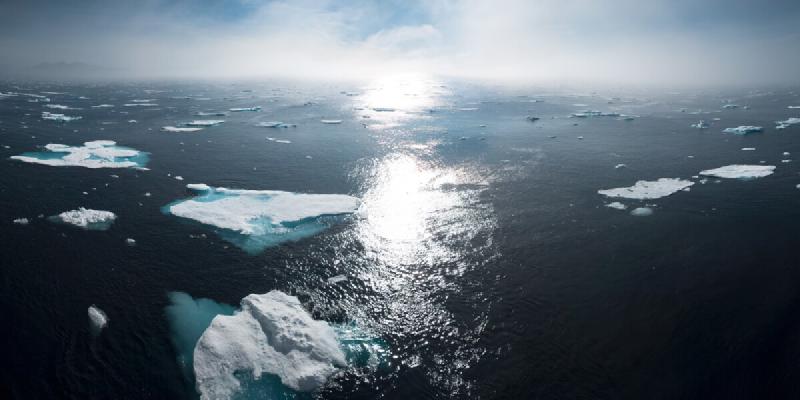A quick guide to the basics of climate science and the impacts of climate change.
Guests on this episode: Catia and Maggie
A few keywords
Global warming - Describes the pattern of increasing average temperatures seen in records from around the world.
Global heating - Describes the same pattern seen in data, but without the potentially misleading positive associations with warmer weather.
Weather - What’s happening outside right now.
Climate - Long-term average conditions. (BBC explainer for the UK climate)
Climate change - Changes in long-term average conditions
Climate breakdown - Changes in average conditions causing a change or break in systems which maintain the climate of an area. An example of this would be if the gulf stream slowed significantly or stopped altogether. This would likely lead to much colder climates in western Europe.
Forcing - A factor which tends to push temperatures up or down.
-
Examples include:
- Sunlight being absorbed by dark surfaces and becoming heat, forcing temperatures up.
- Carbon dioxide absorbing heat which would escape into space and reradiating it back to the surface, forcing average temperatures up.
- Snow/ice reflecting sunlight back into space, forcing local temperatures down.
-
National Oceanographic and Atmospheric Administration - climate forcings
Feedbacks - A change in a factor which affects itself. For example, a warming climate reduces ice cover. This means less light is reflected out into space, further warming the climate and causing even more ice to melt.
- Texas A&M research based on NASA data on clouds and climate feedback
- Skeptical Science article on climate feedback and clouds
Tipping points - When conditions change in such a way that the system moves from one state to another. For example, glaciers generally get larger in winter and shrink in summer as some of the ice melts. If the glacier shrinks too much, the warmth generated by sunlight being absorbed by the ground could mean that the climate of the area becomes too warm for the glacier to melt each summer more than it grows in winter.
Climate models - A simplified system which simulates the effects of a set of conditions. Usually these are computer programs which are run many times with slight changes in certain conditions or assumptions. Simulations which match existing data are then used to predict what is likely to happen in the future.
A few of the impacts
-
Plants
- Warmer temperatures can increase plant growth. However if temperatures are too high then plants can be damaged or die.
- Warmer winter temperatures can cause plants to begin growing earlier. However they are then at greater risk of damage from frost.
- Temperature can affect plants and their insect pollinators differently. This may eventually cause plants and their pollinators to emerge from winter out of sync with one another.
-
Animals
- Warmer winters have been linked with bees and other pollinators emerging earlier in the year. However it is also linked with higher winter mortality and poorer body condition.
- May allow insects which transmit diseases which can affect humans to spread to more areas.
-
Humans
- Melting ice sheets is causing sea levels to rise. This threatens coastal and low lying communities.
- Warmer global temperatures have been linked with more extreme weather events. Of particular concern is hurricanes, which are powered by warm ocean waters and may become more frequent and/or more powerful.
-
Climate justice
- Impacts of climate change will not impact all communities in the same way or to the same degree. Current and predicted impacts hit poorer communities and countries harder. (Example: Bangledesh floods.)
- Wealthier countries are more likely to be able to adapt to the impacts of climate change.
UN sustainable development goals - Climate justice
Sources for more information
IPCC - Intergovernmental Panel on Climate Change
NASA - National Aeronautics and Space Administration
Tyndall Centre for Climate Change Research
The Great Big Lesson for Climate and Nature: Live from COP26 - AimHi Earth via Youtube
Questions or comments? Get in touch!
